Owning a home is often considered a cornerstone of financial stability, but the responsibility can be draining on your bank balance in unknown ways. From hidden maintenance costs to inefficient energy use, your home can become a significant financial burden if you’re not paying attention. We look at 20 startling ways your home could be draining your wealth and how to limit the damage:
Energy Inefficiency
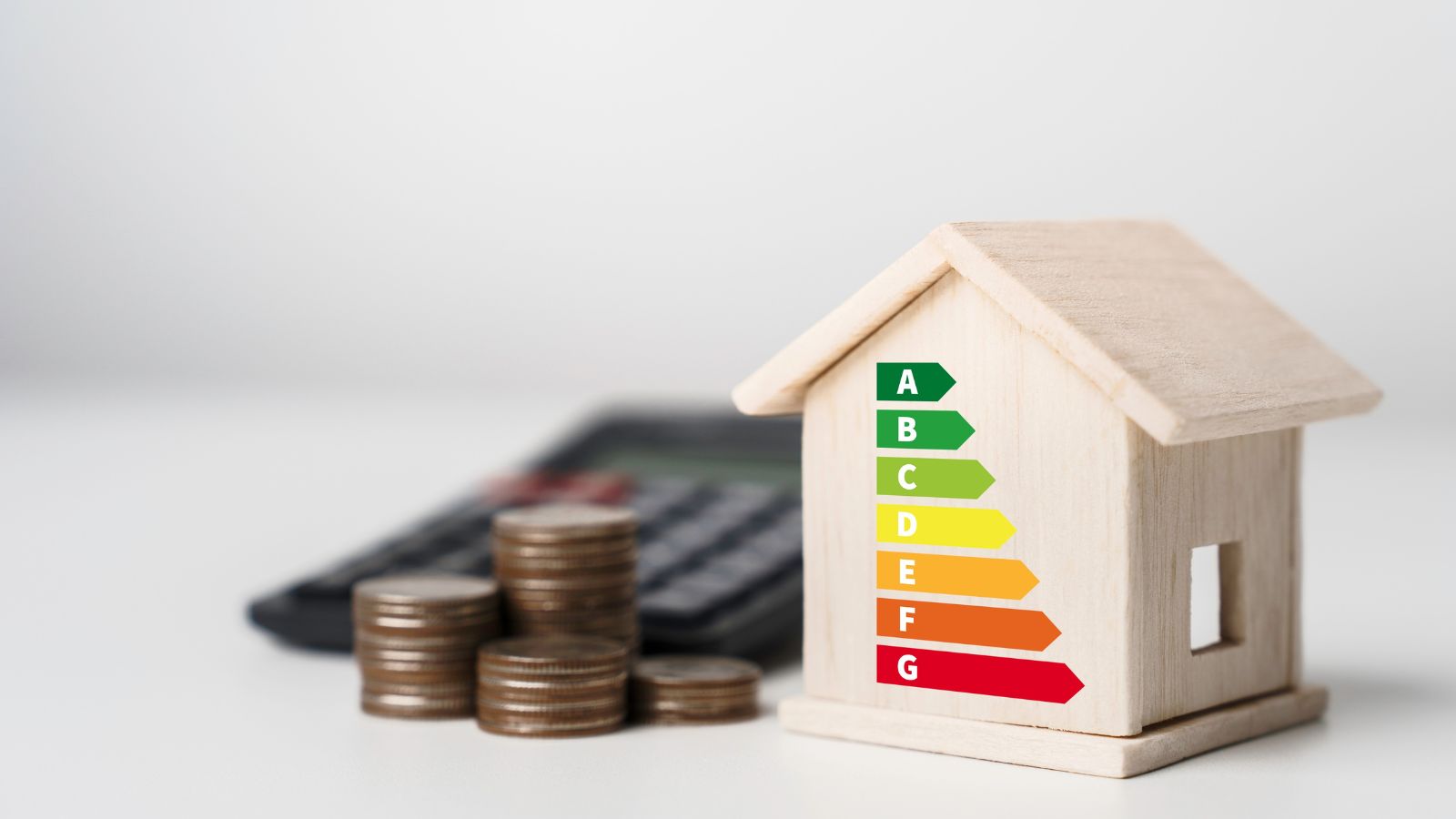
One of the biggest culprits in wealth drainage is poor energy efficiency. Homes with outdated windows, poor insulation, or energy-hungry appliances can cause your electricity and heating bills to skyrocket. Energy-efficient upgrades like better insulation, LED lighting and Energy Star-rated appliances can save you hundreds of dollars annually.
Unnoticed Water Leaks
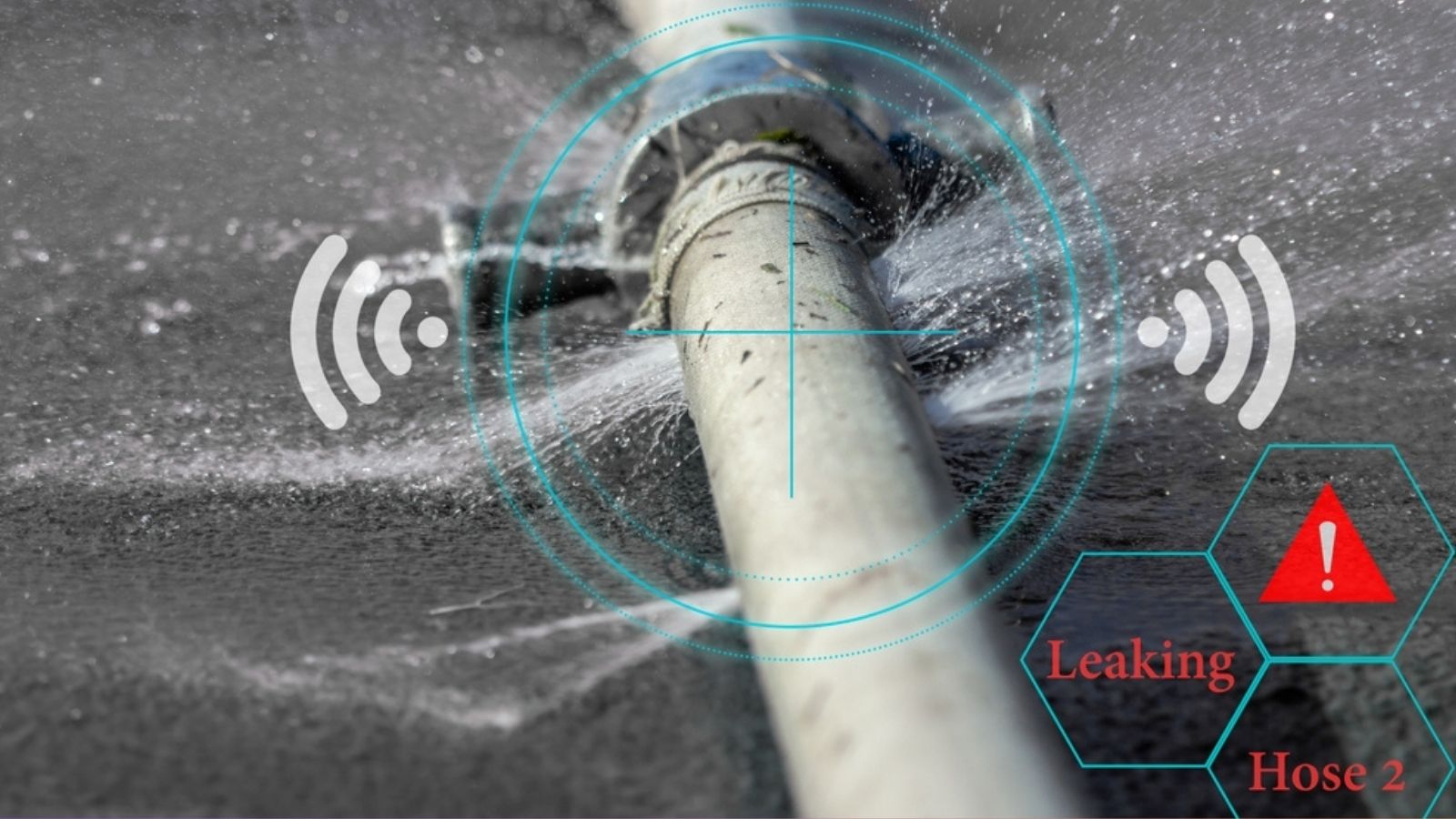
Leaky faucets, toilets, or pipes may seem like small issues, but they can lead to large water bills and expensive damage over time. Even minor leaks can waste gallons of water, contributing to higher utility costs. Regularly inspecting your plumbing can prevent these hidden expenses.
Property Taxes
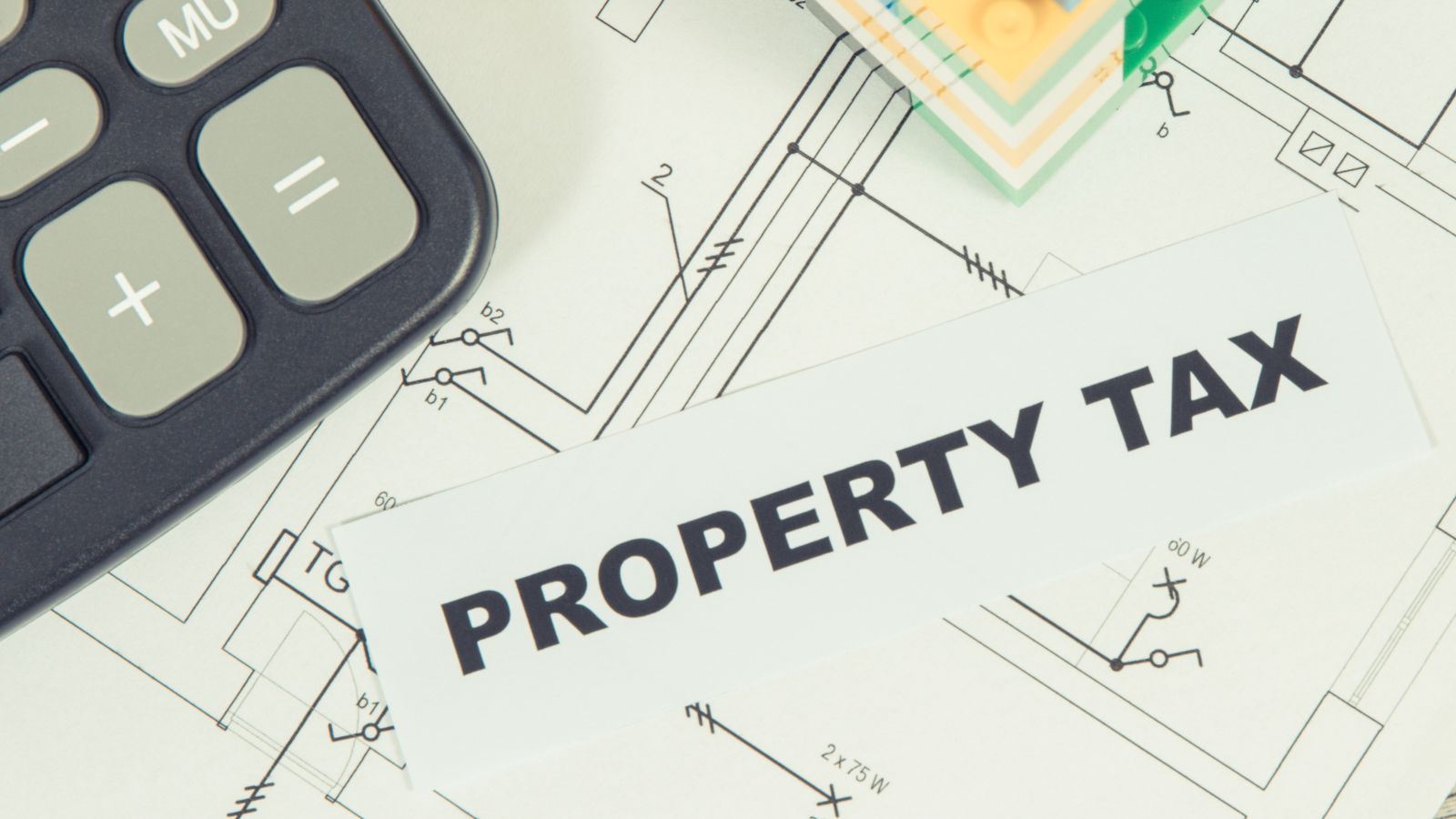
Your home’s value might have increased over time, but that also means higher property taxes. Many homeowners don’t realize how much their property taxes have risen and end up paying more than they need to. It’s a good idea to regularly review your property tax assessment and appeal it if necessary.
Outdated HVAC Systems
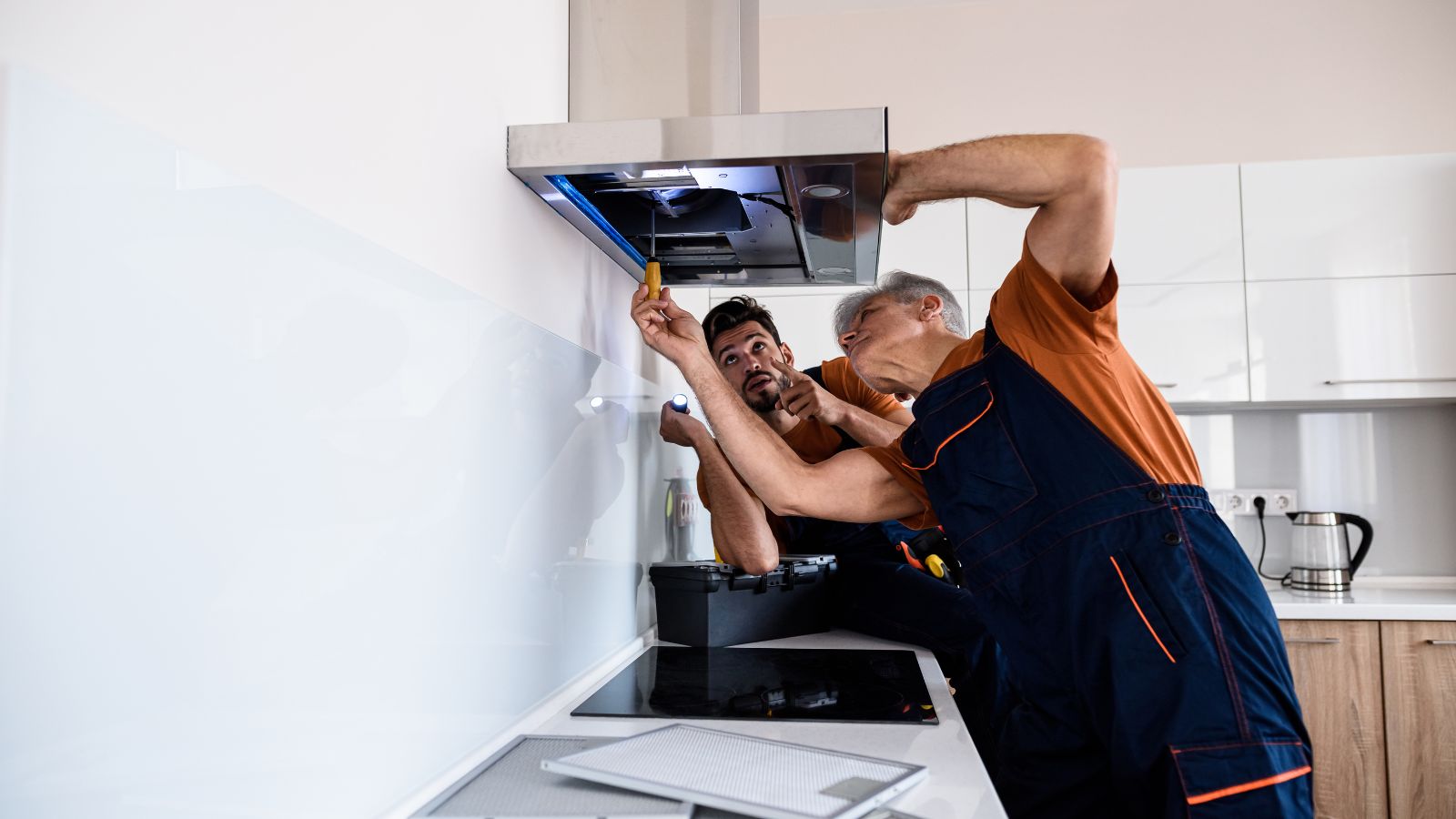
Older heating, ventilation and air conditioning (HVAC) systems can consume a lot of energy, costing you extra in monthly utility bills. Upgrading to a more efficient system or regularly maintaining your existing one can significantly reduce energy consumption and costs.
Expensive Home Insurance
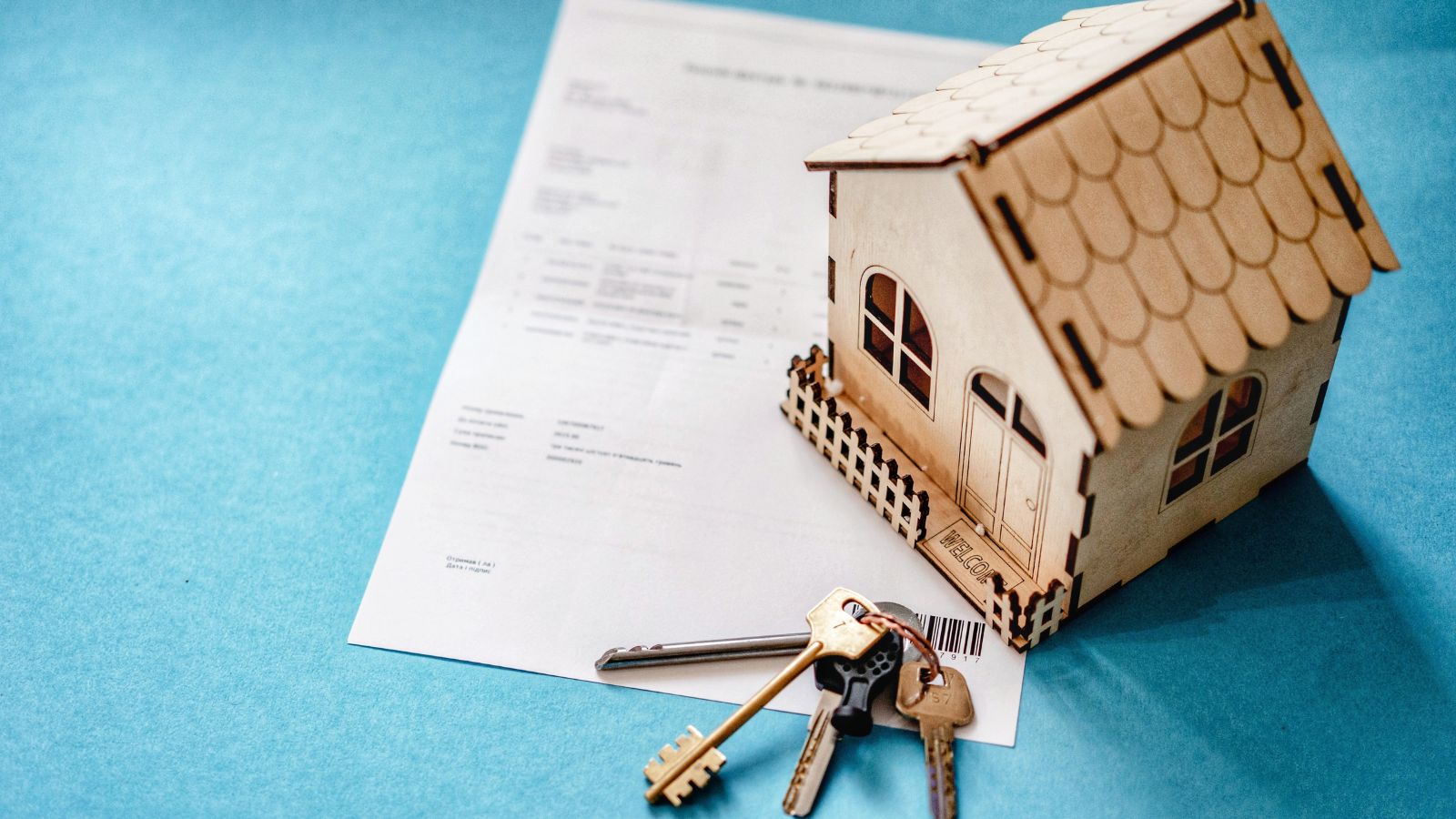
Homeowners often don’t shop around for better home insurance rates and as a result, they may be overpaying. If you want to save money on home insurance you should review your policy regularly and compare it with other providers to find the best deal.
Unused Rooms

If you have rooms in your home that you rarely use, you might be paying to heat, cool and maintain spaces that provide little benefit. Downsizing or finding ways to better utilize your space could help lower your household costs.
Hidden Pest Problems
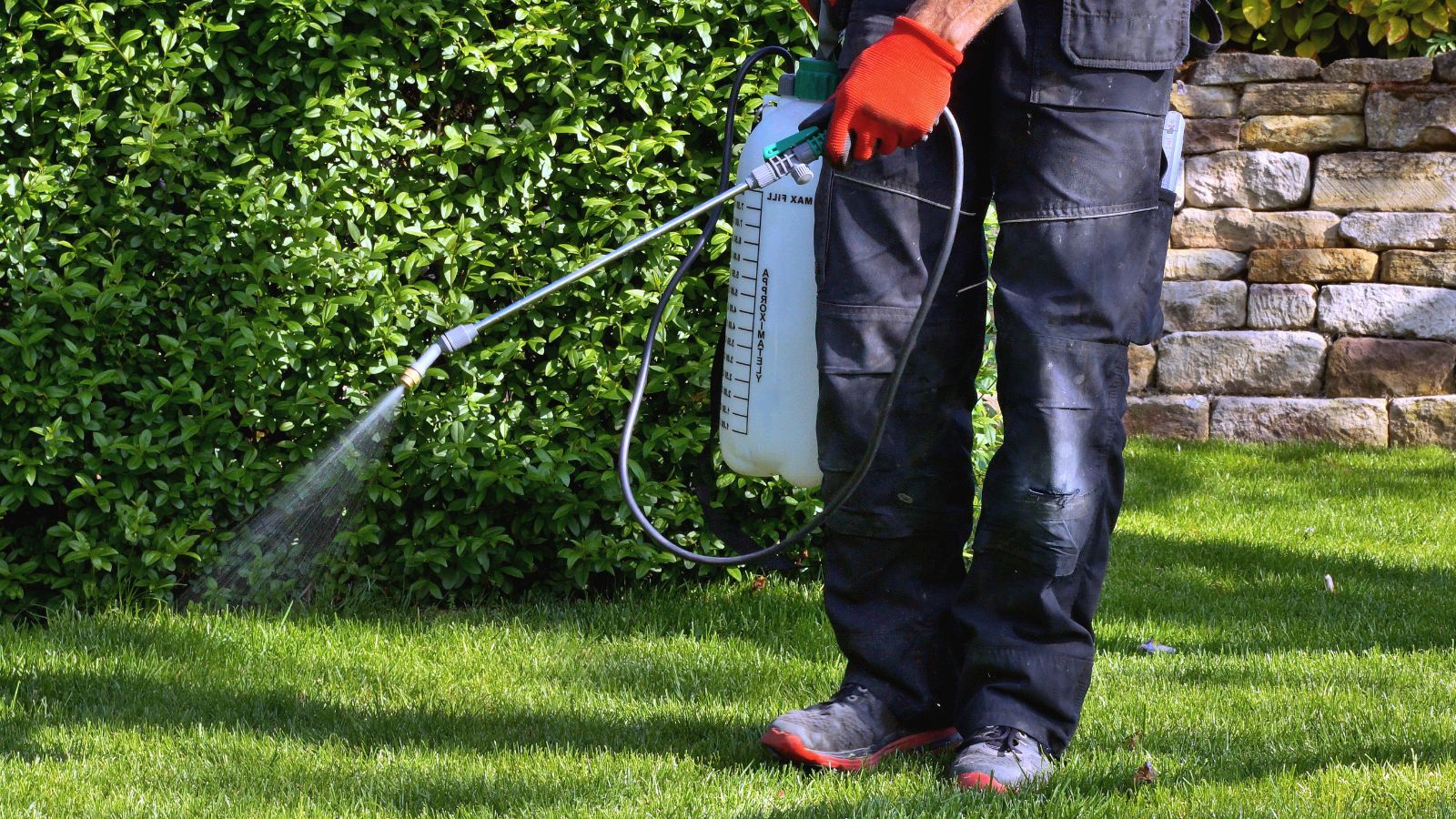
Undetected pest infestations, such as termites or rodents, can lead to costly damage over time. Regular pest inspections and preventative measures can stop this problem before it becomes expensive and ruins your property’s structural integrity.
Outdated Plumbing
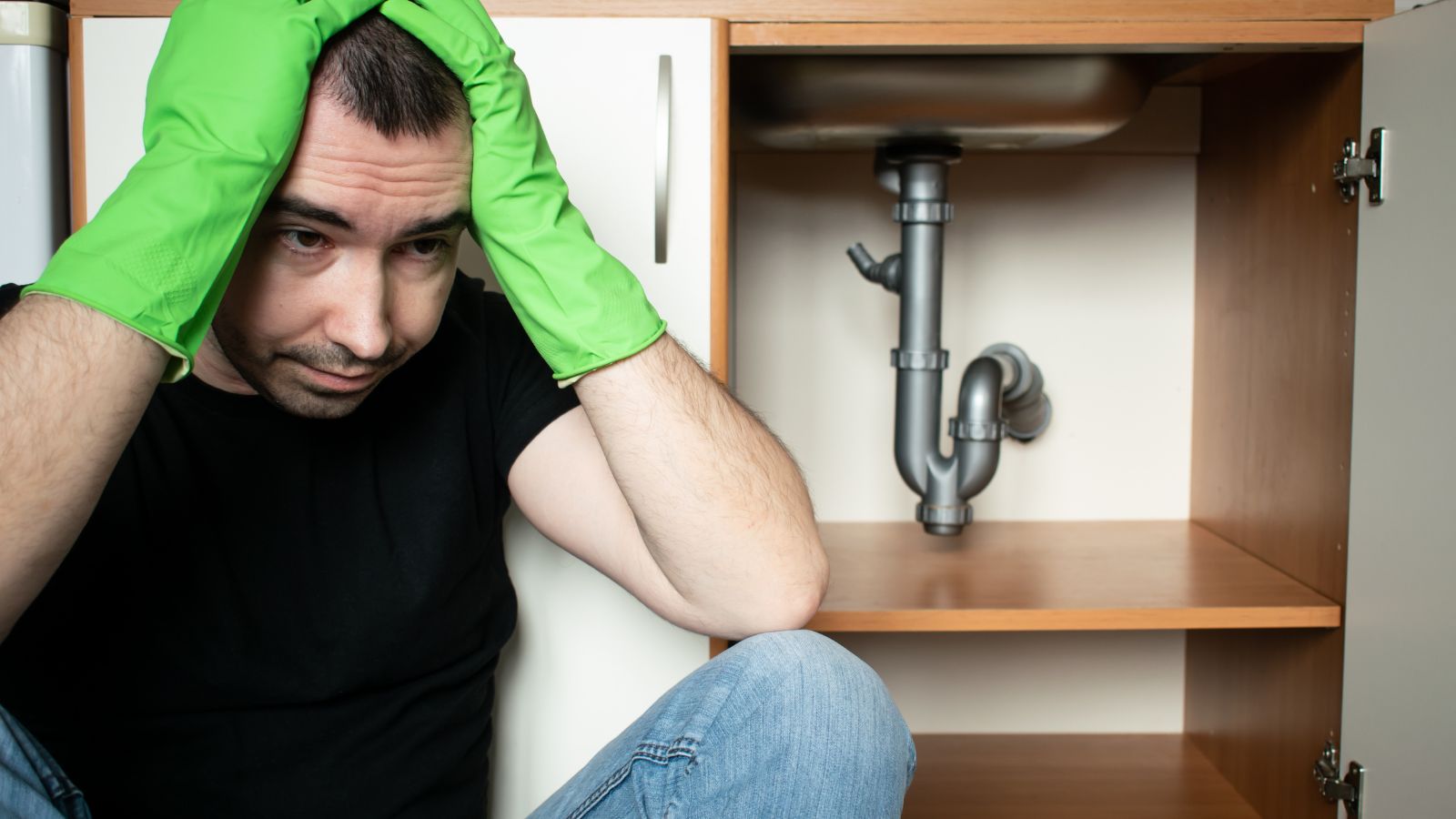
Older plumbing systems, especially those made of galvanized steel or cast iron, are prone to corrosion, leaks and inefficiency. Replacing outdated plumbing with modern materials, such as copper or PEX, can save you from expensive repairs in the future.
Expensive Landscaping

A well-maintained lawn and garden can add curb appeal, but high-maintenance landscaping with water-hungry plants or frequent lawn care services can be costly. Consider drought-resistant plants or even reducing the size of your lawn to lower costs.
Deferred Maintenance
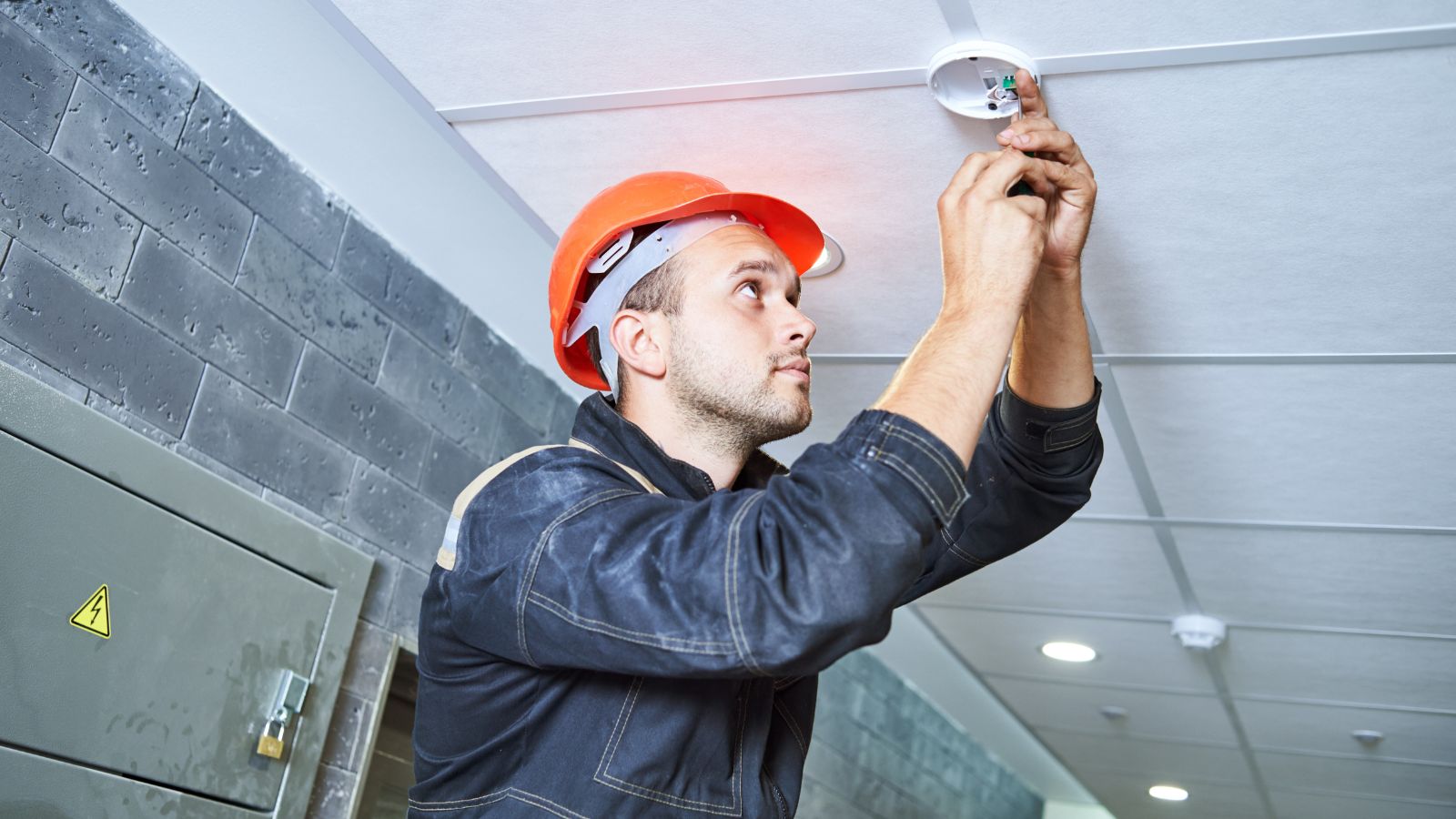
Many homeowners defer maintenance projects, hoping they’ll save money by putting off repairs. But, ignoring minor issues can lead to bigger problems and more expensive repairs, own the line. Routine maintenance can extend the life of your home’s components and save you money in the long run.
Inefficient Water Heaters
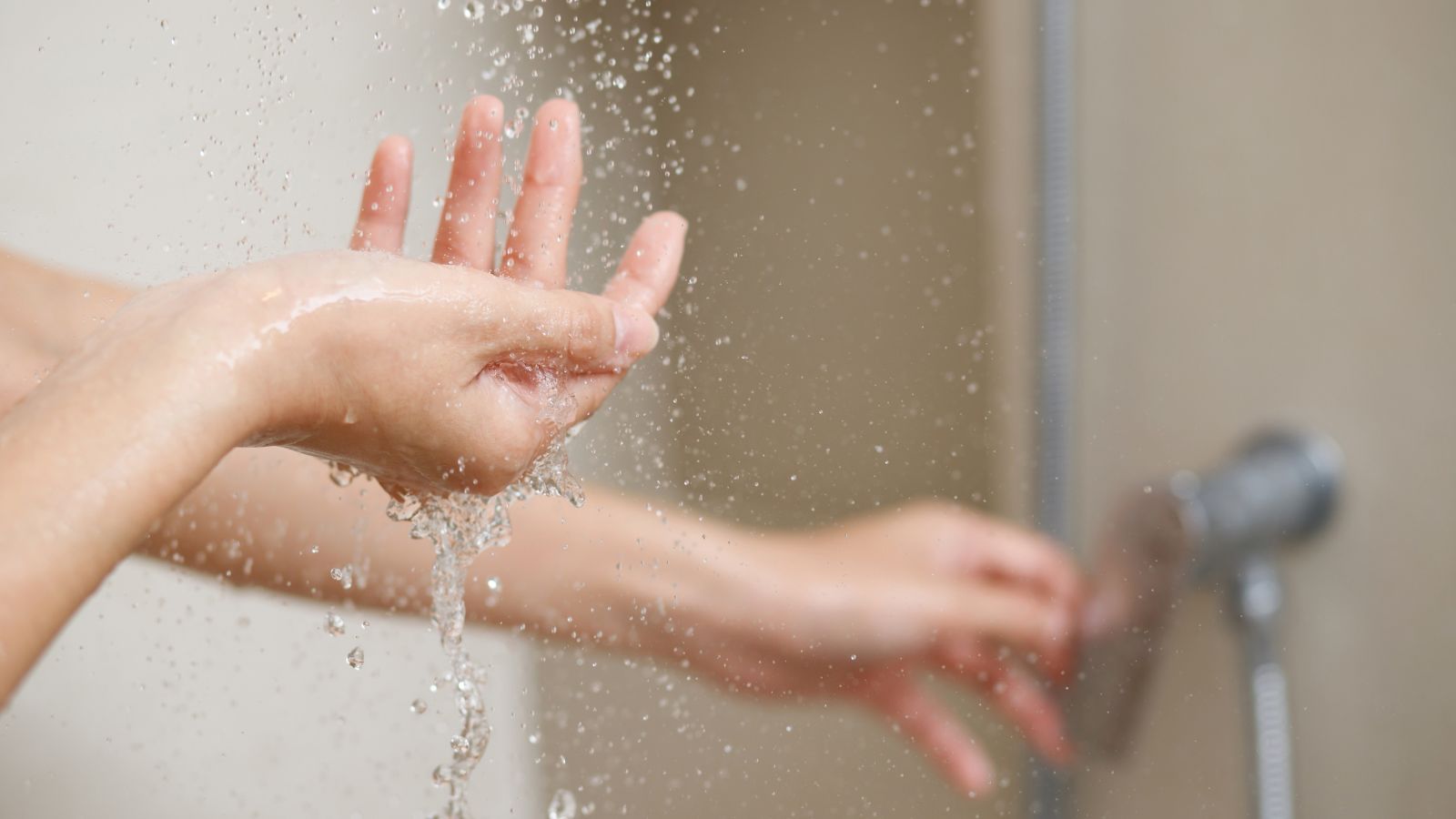
Water heaters that are more than 10 years old can be inefficient and costly to run. Upgrading to a tankless water heater or an energy-efficient model can significantly reduce your utility bills.
Overgrown Trees and Roots
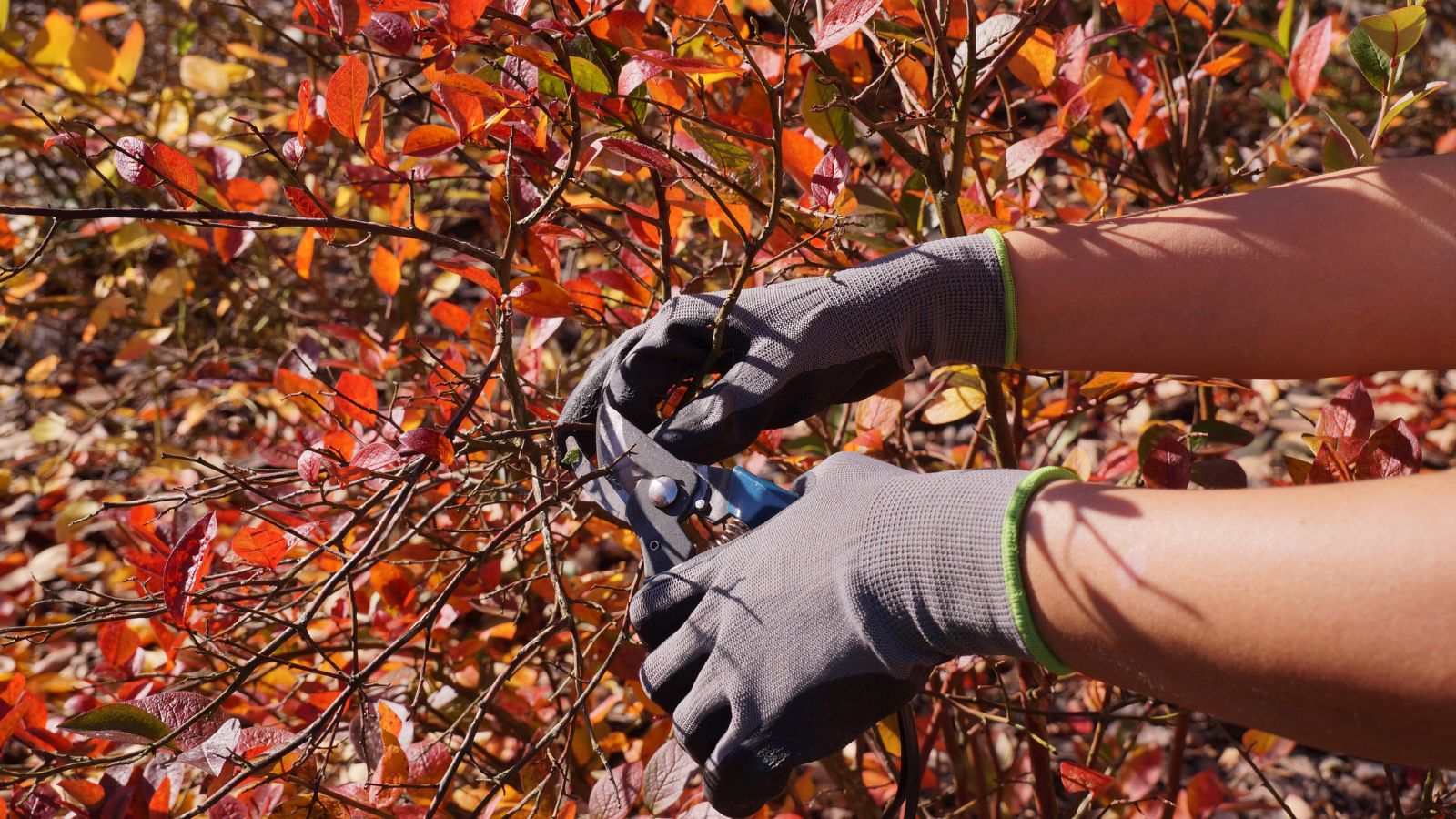
Unchecked trees and their roots can cause major damage to your home’s foundation, sidewalks, or sewer lines. Regular tree trimming and root management can prevent expensive repairs and maintain the safety of your property.
Homeowners Association Fees
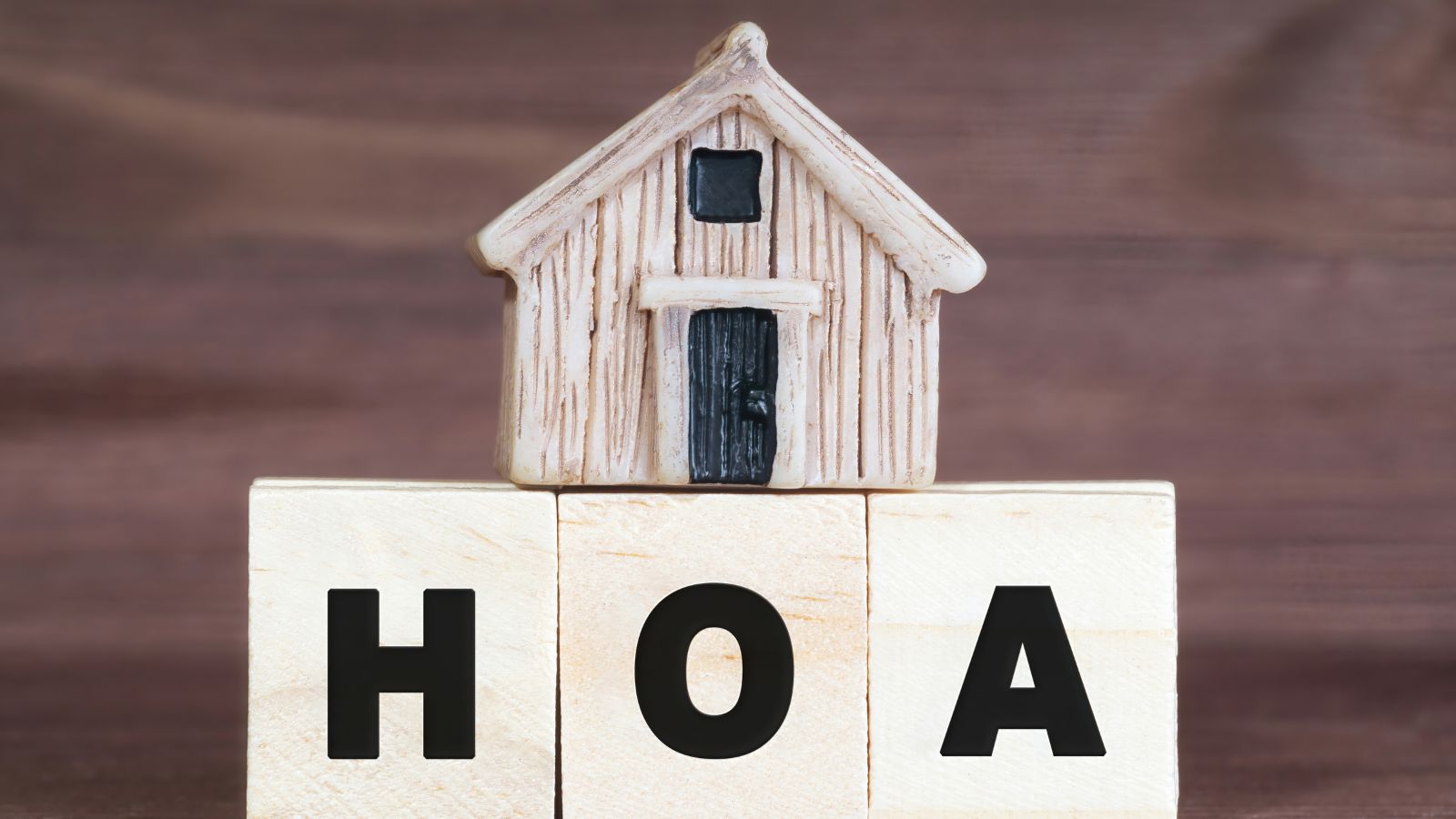
If you live in a neighborhood with a homeowners association (HOA), you could be paying hundreds or even thousands of dollars annually in fees. While HOA fees often cover necessary community expenses, they can rise unexpectedly and strain your budget. Be sure to review what you’re paying for and if it’s necessary.
Poor Roofing
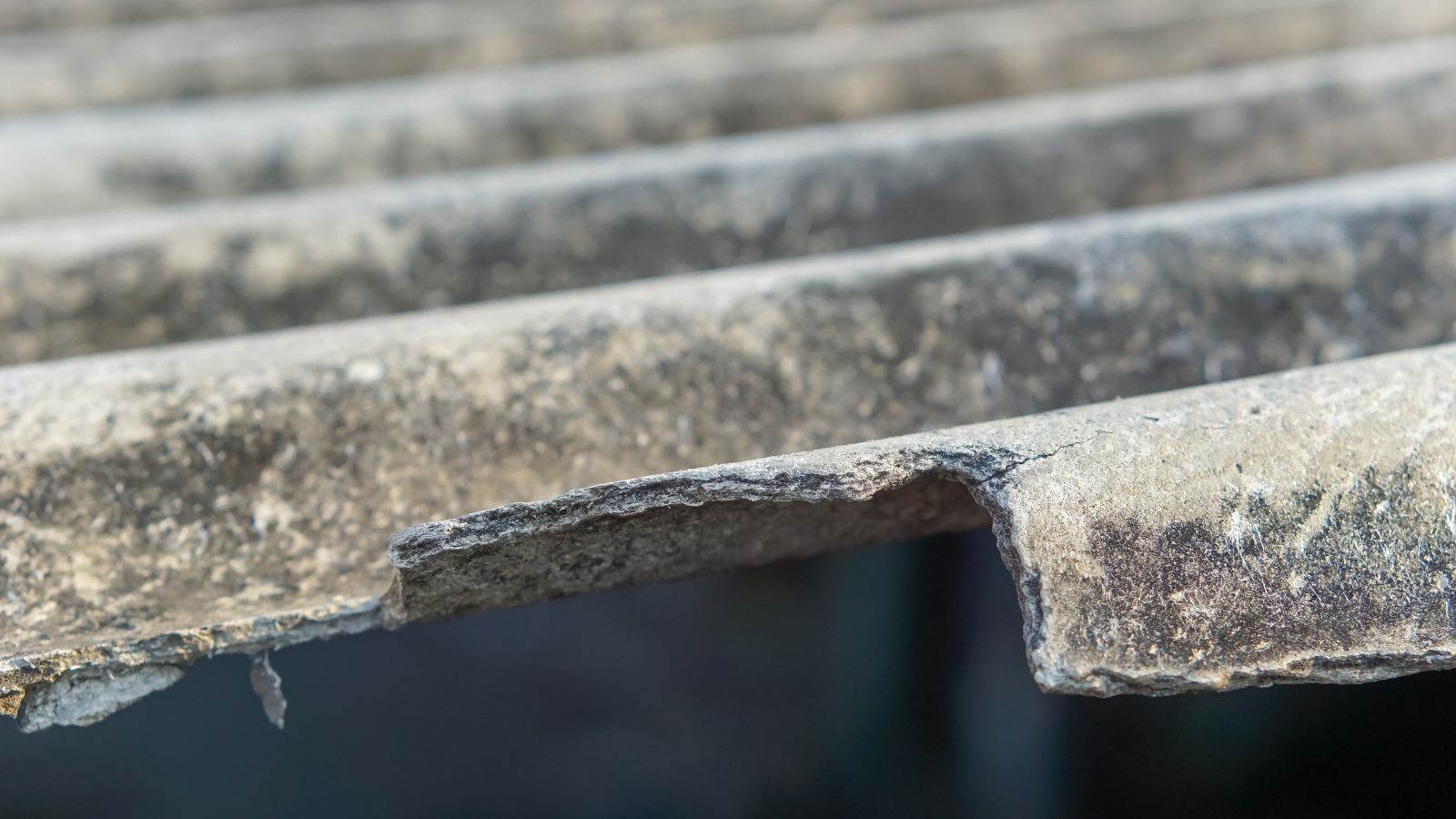
A damaged or aging roof can lead to water leaks, mold and structural damage. Fixing or replacing your roof is costly, but it’s essential for preventing even bigger expenses in the future. Regular roof inspections can help you catch problems early.
Outdated Electrical Systems
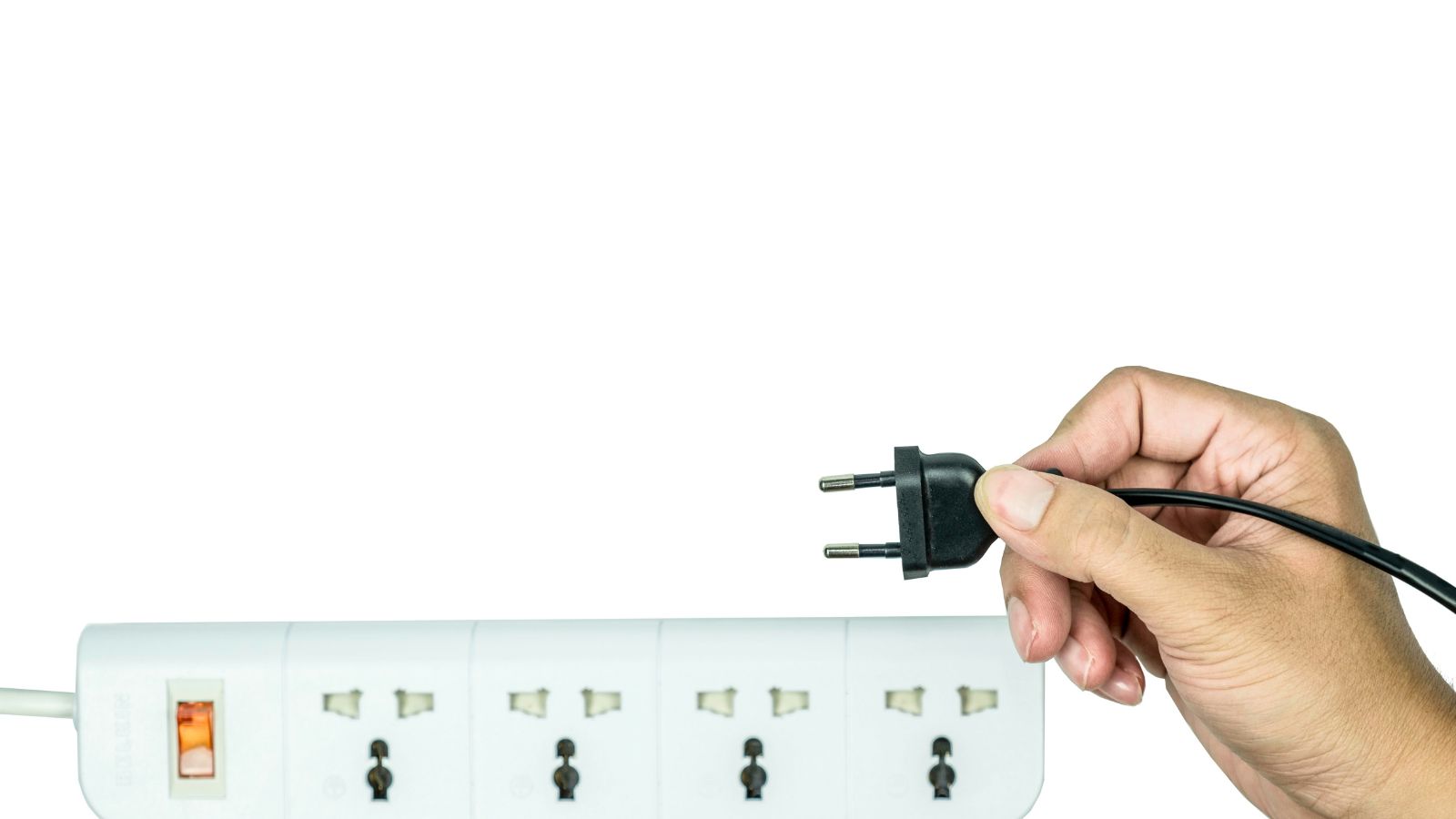
If your home has an older electrical system, you may be at risk for safety hazards, which can lead to costly repairs and higher home insurance premiums. Upgrading your electrical system to meet modern codes can not only save you money on insurance but also prevent expensive electrical fires or outages.
Unnecessary Home Improvements

While home improvement projects can add value, not all renovations yield a return on investment. Trendy updates or overly specific remodels may not appeal to future buyers, potentially making your home harder to sell and lowering its market value.
Poorly Installed Windows
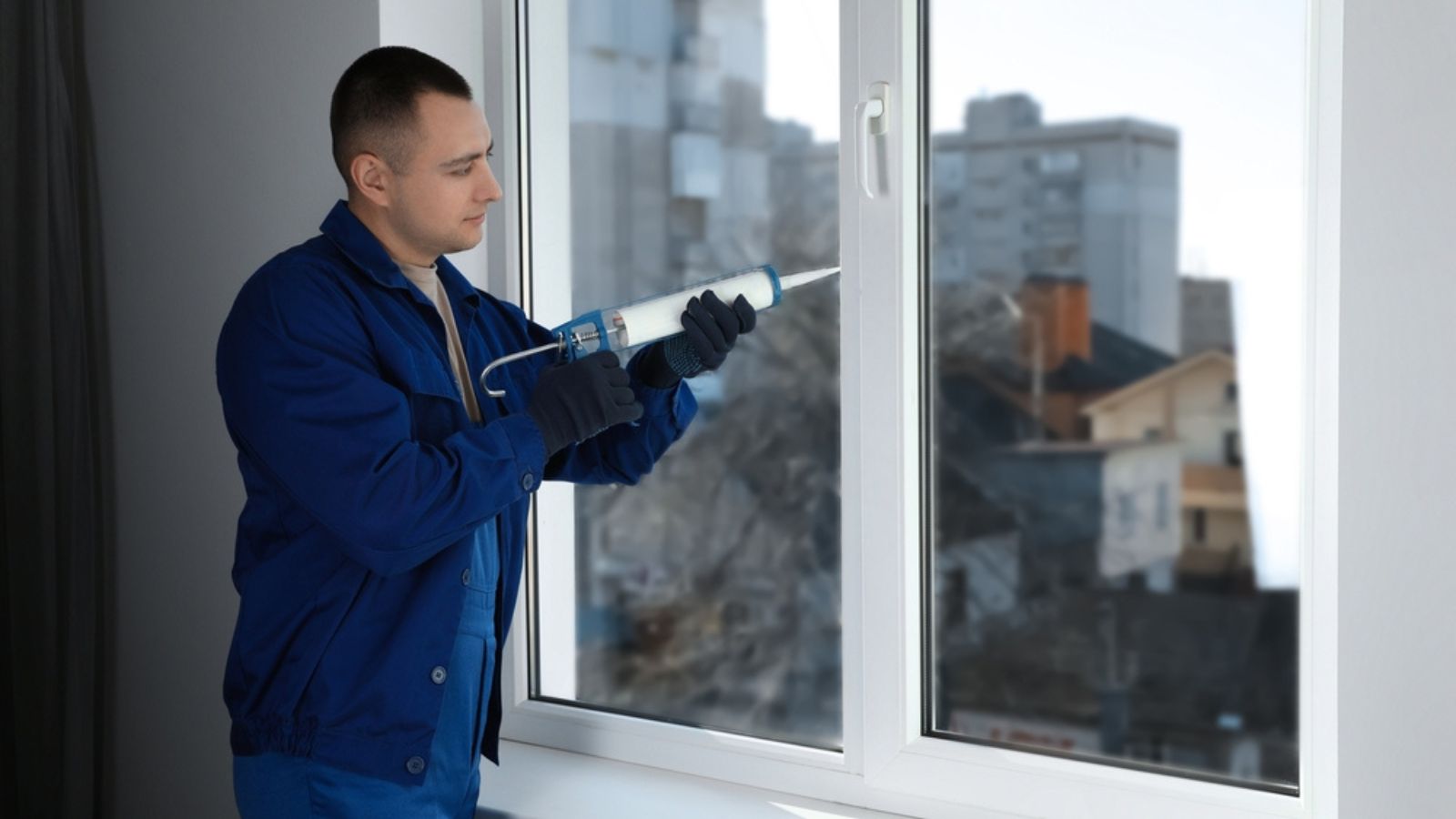
Badly installed or old windows can lead to significant heat loss during the winter and higher cooling bills in the summer. To save money with energy-efficient windows, you should upgrade to high-quality windows that improve insulation, comfort and help lower your energy bills.
High-Cost Internet and Cable Plans
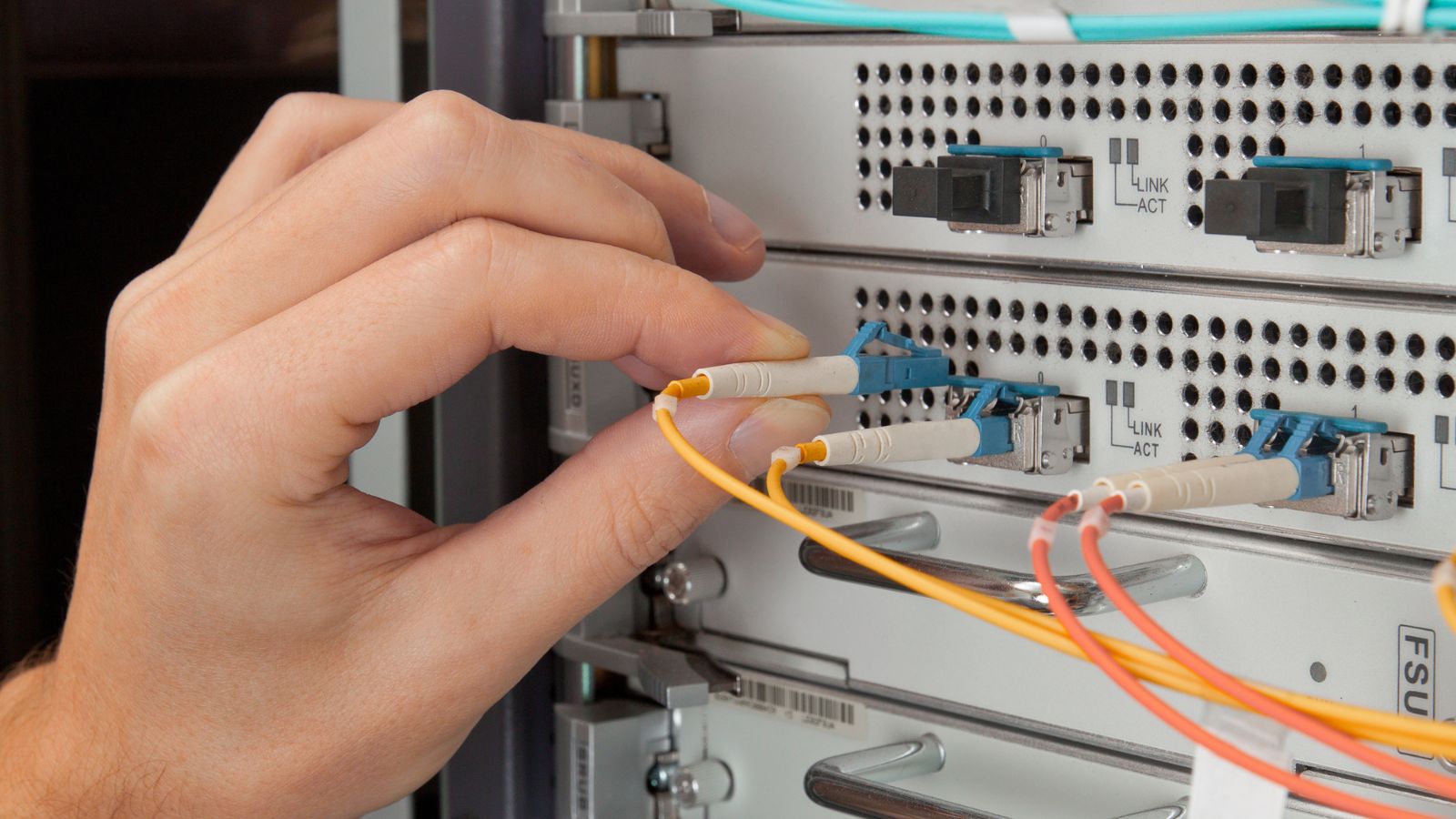
Many homeowners are locked into costly cable and internet packages they don’t fully use. By switching to more affordable streaming services or negotiating with your internet provider for a better deal, you can free up extra cash each month.
Inefficient Landscaping Irrigation Systems
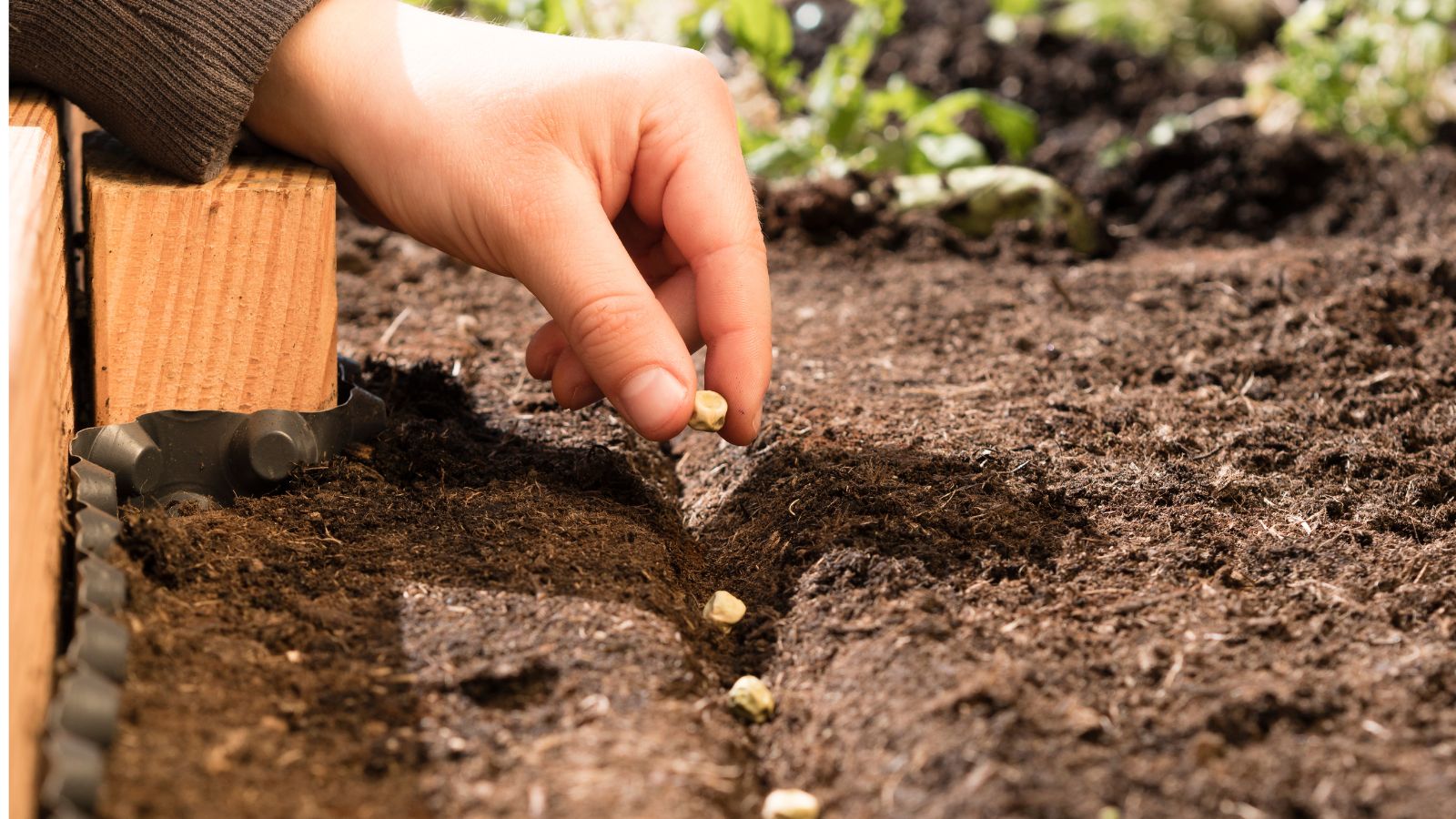
Automated sprinklers and irrigation systems can be convenient, but if they’re not properly maintained, they can waste water and drive up your utility bills. Ensure that your system is running efficiently by checking for leaks and installing water-saving devices like rain sensors.
Unnecessary Mortgage Insurance
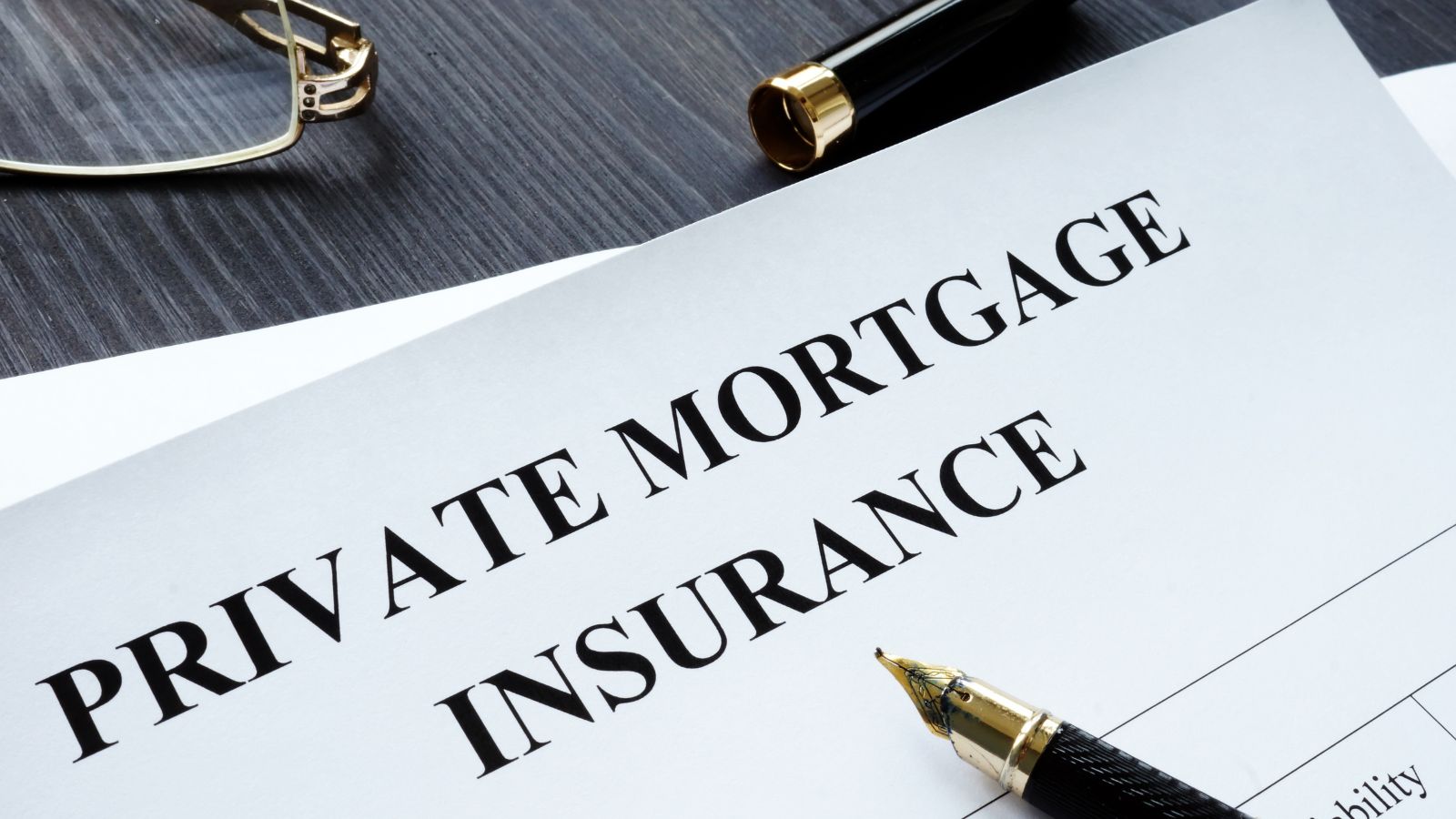
If you’ve paid off more than 20% of your mortgage, you may still be paying private mortgage insurance (PMI) unnecessarily. Homeowners with conventional loans can often request the removal of PMI once they’ve built enough equity, saving hundreds of dollars annually.
18 Reasons Why People Are Leaving Florida in Masses

Exploring factors that impact the desirability of living in Florida, this list delves into various challenges shaping residents’ experiences. From environmental concerns like rising sea levels to economic factors such as fluctuating job markets, these issues collectively contribute to a nuanced understanding of the state’s appeal.
18 Reasons Why People Are Leaving Florida in Masses
